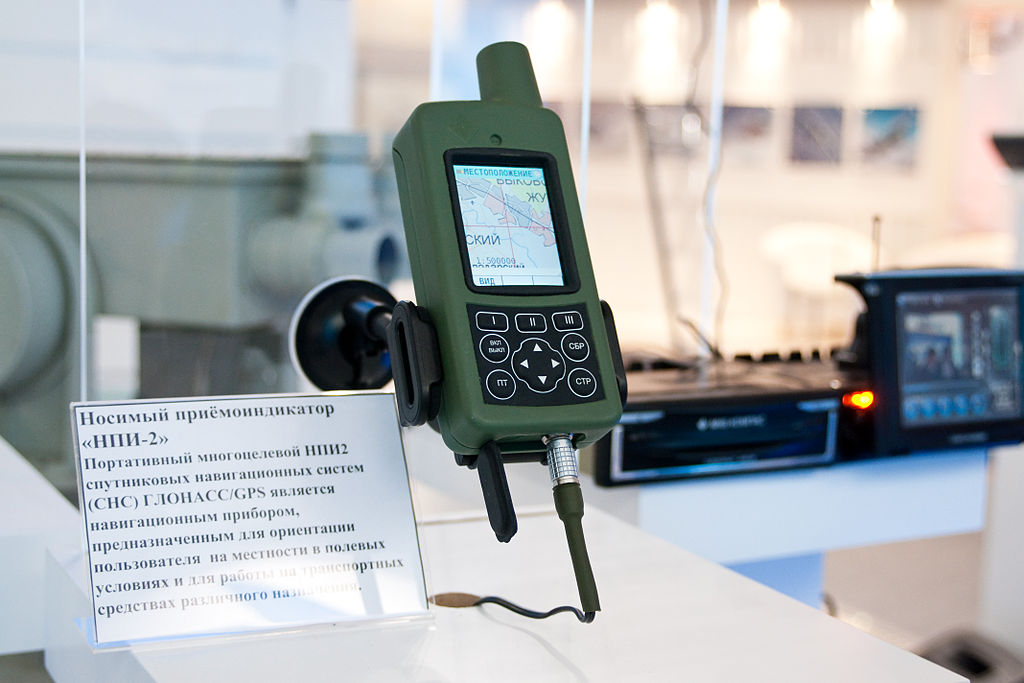
A GLONASS or GPS personal device for satellite positioning.
“All installation work was carried out by Russian personnel and their access is restricted. A concrete wall topped with barbed wire blocks the way… there is no known anti-drug operation in which it has participated.”
Russia’s unprovoked invasion of Ukraine brought new focus on Latin America, where Russia maintains influence, especially through the authoritarian regimes in Venezuela, Nicaragua, and Cuba. Russia’s economic footprint may be relatively small compared to China’s, but it operates robust propaganda networks with wide dissemination in the region. Russia has also demonstrated an ability to interfere in the region’s elections, including in Colombia’s upcoming presidential election. The excerpted article from center-left Colombian daily El Espectador reports that social media experts have noted an uptick in Russian bots shaping the political narrative in Colombia and pushing domestic debate to the political fringes. Meanwhile, in Daniel Ortega’s Nicaragua, scrutiny remains focused on Russia’s highly capable intelligence-gathering satellites. The excerpted article from Argentine center-left news website Infobae reports that Russia installed these satellites under the guise of assisting Nicaragua in its counternarcotics operations. However, the site reports that Russia’s Global Navigation Satellite System (GLONASS) has not participated in any known counternarcotics operations in its over five years of existence. Russia’s position in Nicaragua complements its four stations in Brazil, three in Antarctica, and one in South Africa. The country’s position in Latin America, bolstered by digital information operations and military hardware in countries such as Nicaragua and Venezuela, is extremely important as it contemplates potential measures against the United States for its punishing sanctions campaign.
Source:
“Estación satelital o espionaje?: cómo es la más misteriosa base rusa en América Latina (Satellite station or espionage?: what is the most mysterious Russian base in Latin America),” Infobae (Argentine news outlet generally considered center-left politically), 17 March 2022. https://www.infobae.com/america/america-latina/2022/03/17/estacion-satelital-o-espionaje-como-es-la-mas-misteriosa-base-rusa-en-america-latina/
From 2013 to date, Russia has installed nine ground satellite stations outside its borders, known as GLONASS (Global Navigation Satellite System, for its acronym in Russian). The last one was installed in Nicaragua five years ago, and it is receiving attention when the world takes stock of the resources that Russia has in the face of a possible global war… All installation work was carried out by Russian personnel and their access is restricted. A concrete wall topped with barbed wire blocks the way…there is no known anti-drug operation in which it has participated.
Source: “La influencia rusa en América Latina, ¿un riesgo para Colombia? (Russian influence in Latin America—a risk for Colombia?),” El Espectador (Colombian daily generally considered center-left politically), 1 March 2022. https://www.elespectador.com/mundo/america/la-influencia-rusa-en-america-latina-un-riesgo-para-colombia/
There is a lot of talk about disinformation that comes from abroad. Yes, that is a real threat. Not so much because of the penetration of vote counting systems in democratic countries, but because of the manipulation of the media, because of disinformation propaganda, because of the use of algorithms to send messages that confuse the voter and that create alarmist opinions.
Image Information:
Image caption: A GLONASS or GPS personal device for satellite positioning.
Source: https://commons.wikimedia.org/wiki/File:GLONASS_or_GPS_personal_device_NPI-2.jpg
Attribution: Wikimedia
